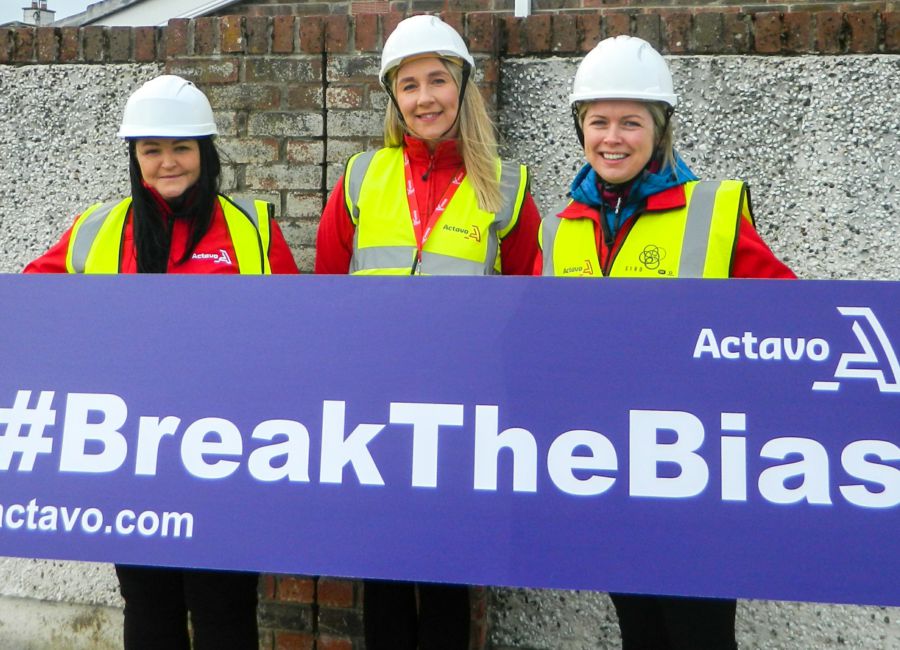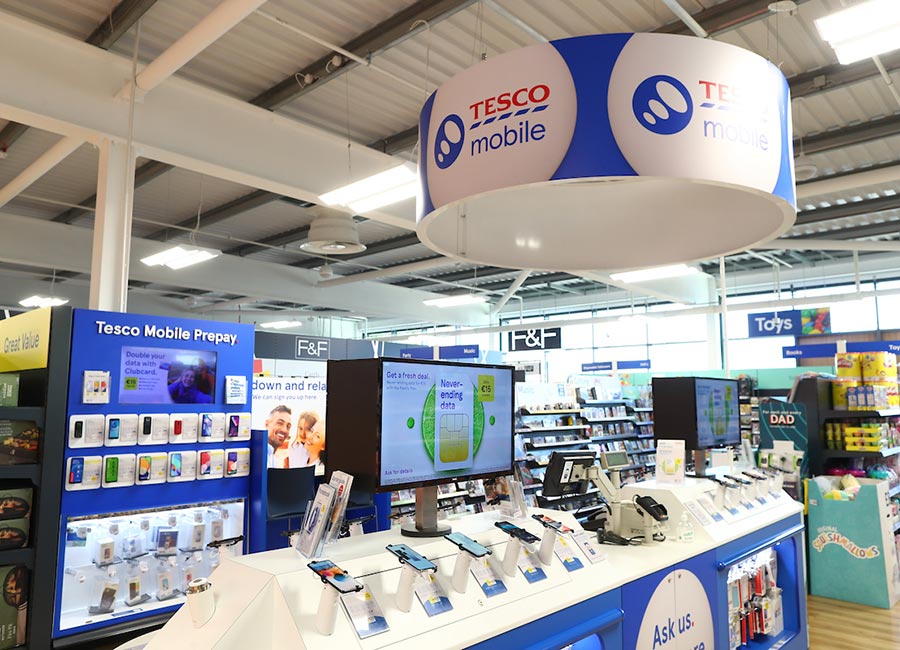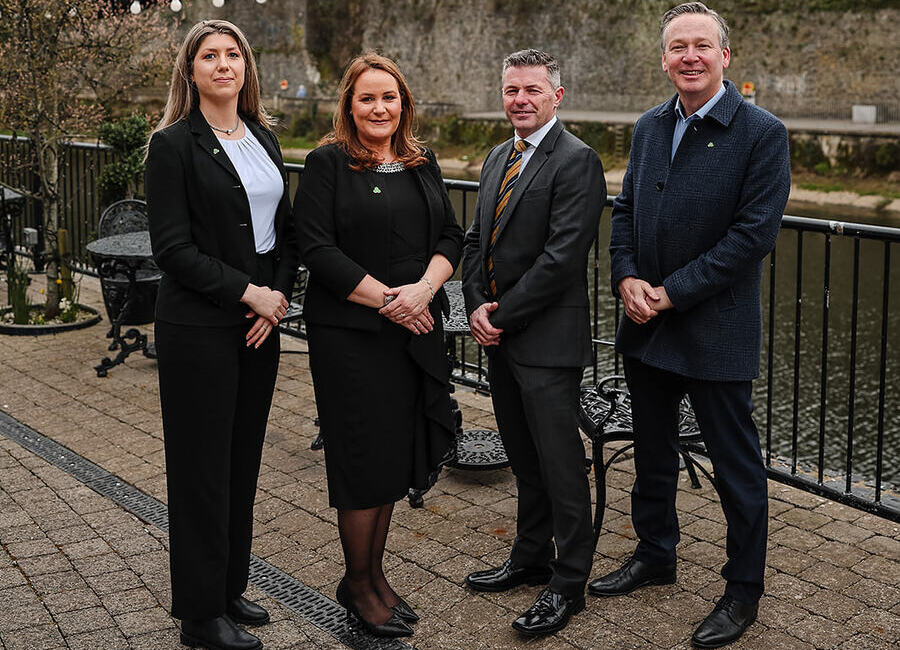To mark International Women’s Day, Actavo is highlighting the work of the female-led team on its network build contract with SIRO.
Actavo is the primary contractor for the nationwide installation of fibre-to-the-home by SIRO, which is being delivered by a female-led team, which Actavo says is unusual in this sector.
Last year, Actavo signed up to Business in The Community Ireland’s ‘Elevate Pledge’ to bolster its commitment to diversity and inclusivity.
Under the pledge, Actavo is taking tangible action to ensure the recruitment and retention of diverse talent, and is increasing its ambition on the equality, diversity and inclusivity agenda.
Group CEO Brian Kelly commented: "While we operate in a traditionally male-dominated sector, we are seeing more and more experienced female candidates applying for roles."
For International Women’s Day, three female SIRO team members spoke about their roles, challenges facing women in this sector and how to overcome those challenges.
Rachel Gibson – Network Delivery Manager
Describe your role
In my role as Network Delivery Manager on this project, I maintain overall responsibility for the planning, programming, performance, and delivery of the SIRO works project. We are currently building out the Fibre-to-the-Home infrastructure for SIRO on the ESBN distribution network in towns around Ireland. My team mobilise across the initial site investigation, to complete design, civils, splicing and OH and UG cabling works.
How do you prioritise and organise your working life?
I am very process driven. If a process does not exist, I will create one. I work best when I can visualise coherent progress. Having a solid understanding of each phase of a project and the impact each phase has on the next is important to me. I’m definitely a list person too. I have 2 children under 2 so lists are essential both in work and at home.
As a female, what are the biggest challenges facing your sector and how are you tackling them?
Unfortunately, I feel women are largely underrepresented within the sector. Especially at senior level. For this reason, there seems to be a perception that there is perhaps an element of occupational gender segregation at play and so many women shy away from opportunities on that basis.
The male dominated nature of the sector of course creates a barrier to female recruitment and career progression. To break the trend, I believe women need support from inside the industry. The more examples we can provide, the more likely it will be that others are attracted to the sector and establish careers within it.
What set you on the road to where you are now?
I joined the industry completely by accident back in 2009. I started at the bottom rung of the ladder and over the years have worked my way up. My Grandad was a site foreman and growing up he used to tell us “Get in and get interested” and I have always tried to live by the ethos.
What advice would you give to women considering working in the sector?
As with all jobs, there are challenges. Is it always easy working in a field dominated by men? No, not always. There may be times when you are met with doubt because of your sex and/or perceived inexperience. In my experience however, working within the industry can be rewarding and challenging in equal measure. Each day is fast-paced, variable and requires an abundance of multi-tasking and problem solving.
Characteristics that woman thrive at. Moreover, being in the minority within the industry creates an environment for woman such as myself to set themselves apart and advance their careers in multiple ways including management, finance, and skilled trades.

Michelle Campbell – Deputy Operations Manager
Describe your role
My role as deputy operations manager across the Drops & Build Projects entails the management of the field operations, overseeing that quality is maintained at the highest possible standards and driving best practice processes for the client. The role itself is diverse and demands adaptability and smart prioritisation of workloads daily.
How do you prioritise and organise your working life?
Due to the nature of the role, it is paramount that organisation and prioritisation is at the forefront of my skillset. Due to the level of complexity and urgency within my role, I am required to manage my time effectively ensuring that all tasks get the required attention. Remote working has improved my productivity and ability to focus, it removes the office distractions and allows deep focus which massively contributes to my ability to organise and prioritise my working life.
As a female, what are the biggest challenges facing your sector and how are you tackling them?
I am fortunate that the teams I have worked with over the years have always been supportive. Although the industry is heavily populated with males, this has never been a negative or challenging experience for me. It helps that I am a strong Kildare woman, they know better than to mess with me.
What set you on the road to where you are now?
I returned from New Zealand in 2016. While I was there, I was working on several Earthquake rebuild projects in Christchurch. I was interested in finding a similar role so that my skillset would be useful, and I could utilise my experience.
What advice would you give to women considering working in the sector
Do not be intimated. Believe in your own ability and do not compare yourself to your male counterpart or to anyone for that matter.
Sharon Hammond – Project Co-ordinator
Describe your role
My current role is divided between the Drops contract and Build contract. My role within build, as project coordinator, includes coordination of works, ensuring that all paperwork is in line with the client’s expectations, and maintaining the engineers’ workforce management system to safeguard all processes and procedures while providing ongoing support to Rachel and Michelle.
My role within Drops involves engaging with the client to seek costs for non-standard installation; for example traffic management and MEWP services, communication with third party contractors such as Height for Hire and ensuring customer experience is at the forefront.
How do you prioritise and organise your working life?
I am a huge fan of a ‘’to do list’’ it provides structure and allows me to prioritise tasks accordingly. Remote working has significantly improved my ability to prioritise and organise my day to day without distraction.
As a female, what are the biggest challenges facing your sector and how are you tackling them?
I have never personally experienced gender exclusion. I have always felt comfortable in my own skin regardless of the environment and that is what works for me. Nevertheless, I can see how women may feel intimidated in a traditionally male dominated sector.
What set you on the road to where you are now?
I previously worked as a manager in McDonalds for over 10 years. During my tenure I acquired a marketable skill set across a multitude of areas such as customer experience, customer service and people management. In 2020, I decided to pursue a new job opportunity.
I joined Actavo as a Customer Service Representative for SIRO In-Home. It was a completely different industry, but I knew when I became familiar with the role that I would continue to develop and grow my career within Actavo.
What advice would you give to women considering working in the sector?
My advice would be, do not be afraid to put yourself forward and trust in your own ability. I have always believed to achieve great things; you need to push yourself outside of your comfort zone and this has stood the test of time with me.
Women in construction
The construction industry will need to entice more women into the sector to meet its future needs, according to the the Construction Industry Federation.
The latest CSO data indicates that one in four of the construction jobs added in 2021 went to women. Their estimate is that the sector currently employs 14,400 women, or 9.1% of the total construction workforce.
Speaking at an International Women's Day event, Construction Industry Federation director general Tom Parlon said that the industry must address barriers that prevent women from viewing construction as a viable career pathway.
“Clearly that also involves breaking any biases that remain in the Irish construction sector,” said Parlon. “With a major demand for more workers, we have to be exploring all avenues for attracting additional talent.
“It is up to everyone in the industry to do what they can to help encourage more women to consider a career in construction.”
Photo (l-r): Sharon Hammond, Rachel Gibson and Michelle Campbell











